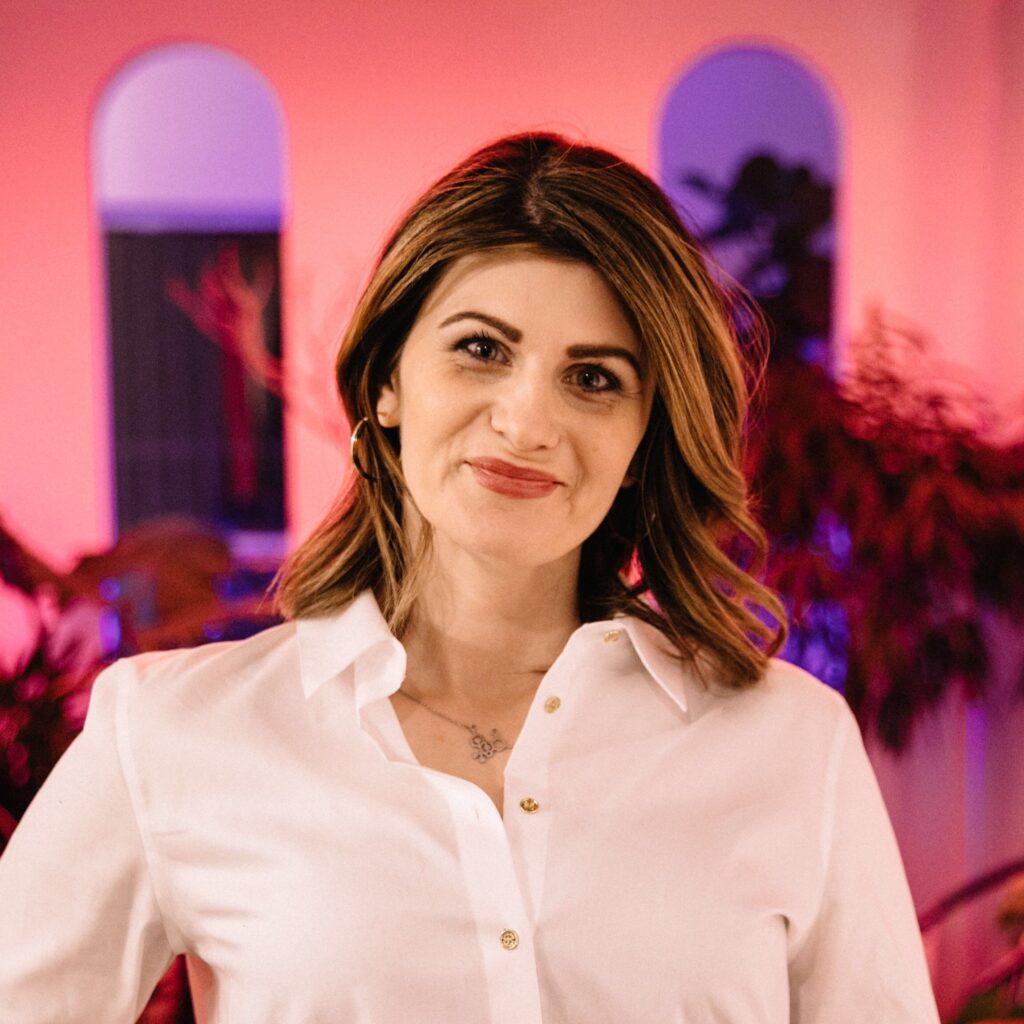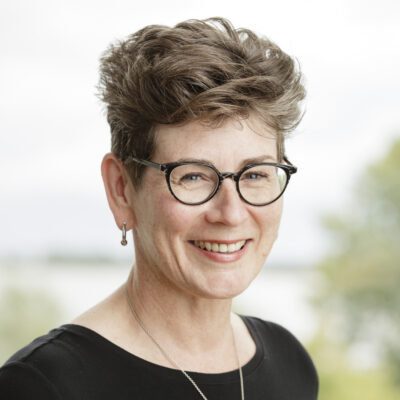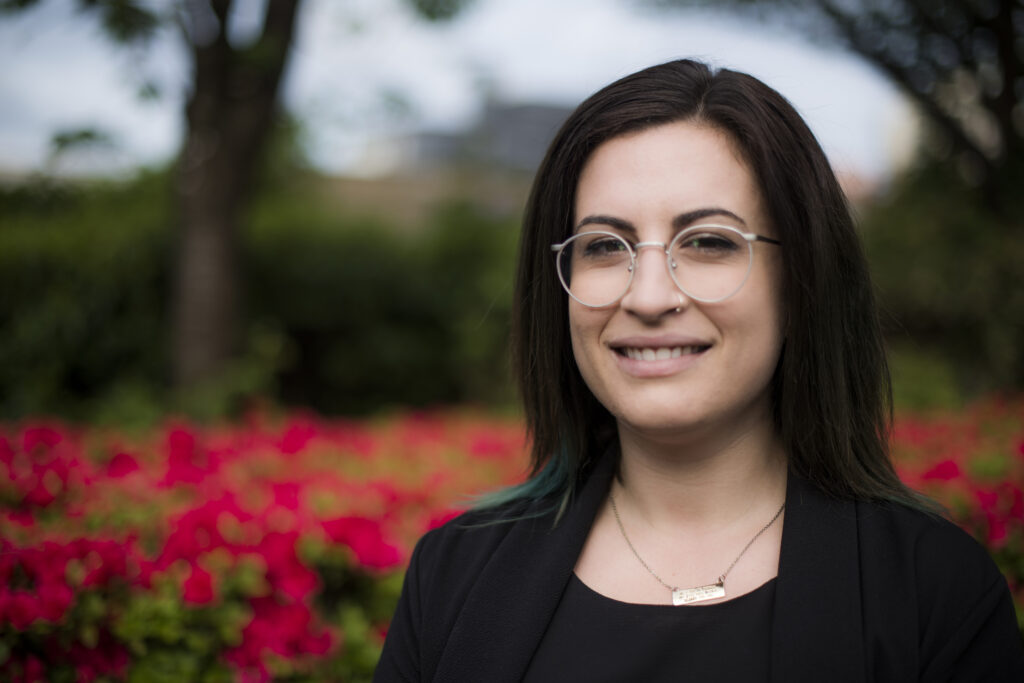
Pioneering weed women follow
Women hold some of the most innovative and influential positions in the Canadian cannabis landscape. And breaking through “grass” ceilings and making room in a male-dominated industry is just the beginning.
These six women are united by their compassion for others and their willingness to swim against the tide. They have weathered countless political changes, personal difficulties, and other obstacles to pursue the same goal: to make cannabis more accessible.
While this is by no means a list of every pioneering weeder, our highlights for Women’s History Month make Canada’s cannabis industry better every day.
Ashleigh Brown, Founder and CEO, SheCann; consultant and lawyer
Follow @AshleighSheCann on Twitter and @SheCann on Instagram
If there’s one thing SheCann Founder and CEO Ashleigh Brown has exemplified, it’s the power of community.
Since founding SheCann, an online community and advocacy group created for and by women who use medicinal cannabis, Brown has put a lot of pressure on herself to be there for every member of the community on a personal level.
“I can only be honest and open about this fight. It’s two things: I’m a disabled person who works, raises a family and cares for myself and others. I want to be a good role model for my teenage daughters and other women,” she says.
“That’s being vulnerable: it’s hard, but at the same time, wielding SheCann is probably the most humbling gift I’ve ever experienced,” says Brown. But it’s the grace of community, she says, “that allows me to keep going even on the most difficult of days.”
“Helping others, especially when you’re grieving and struggling in your own life, is a gift beyond anything.”
Ashleigh Brown, CEO and Founder of SheCann
Brown says that the most rewarding part of leading the SheCann community has been watching people regain their quality of life.
“Then they look at the systemically important issues like cost, taxation and access and ask me, ‘What can we do about it? How can we improve this system, not only for ourselves but also for our children and loved ones? How can we be heard?’”
This questioning has led to the newly launched Medical Cannabis Access Survey, created in collaboration with McGill University, Medical Cannabis Canada, the University of Manitoba, SheCann and Santé Cannabis.
Ika Washington, Health and Social Policy Advisor, Diversity Talk
Follow @IkaTheTweeter on Twitter and @diversitytalk on Instagram
The lack of diversity in the Canadian cannabis industry is undeniable. As the founder of DiversityTalk, Ika Washington is here to do exactly what her consulting firm’s name implies: talk about it.
“One of the biggest contributions I’ve made is starting conversations — those tough conversations about diversity, equity, inclusion, anti-discrimination and anti-racism, and what those things actually mean for the cannabis industry,” she says.
Based on Washington’s experience, diversity is “not even a priority” for many cannabis companies. “But diversity can also have a negative and positive impact on your company.”
As a freelance consultant, Washington says the hardest parts of the job are being heard by the people she’s trying to reach and she partners with the right companies.
“It’s so difficult to get onto the right platforms; you really have to put yourself out there,” she says. “You always have to prove yourself in this area and that makes it extremely difficult to get the job done.”
When approaching potential clients, Washington says, she often hears the phrase, “We’re already diverse.” “Okay, that’s great,” she says. “But what variety? Who do they represent? How is the work culture? Do you feel safe in these rooms? Are you responsive to their needs? Do you hear?”
Working in diversity can be daunting, she says, “but then I get a person texting me and saying, ‘I need this,’ and I remember why I’m in this game.”
While progress is slow and Washington feels invisible at times, “the beauty is that small changes are happening and steps are being taken.”
dr Shelley Turner, Founder and Chief Medical Officer, Ekosi Health
Follow @EkosiHealth on Twitter and Instagram
“When we founded Ekosi Health in 2019, our team spent a lot of time reflecting on why we exist. [and] what makes us unique,” says Dr. Shelley Turner, Founder and Chief Medical Officer of Ekosi Health, a network of health centers focused on personalized cannabinoid therapies for patients.
“We found that our goal is to build resilience, to help people help themselves. We are focusing all of our efforts on bringing self-care back into healthcare and helping our patients take control of their own health.”
[Cannabis] doesn’t feel like “work” but like a purpose.
dr Shelly Turner, Ekosi Health
Since beginning her practice, Dr. Turner has helped more than 17,000 Canadians use cannabis for medicinal purposes. Currently, she and the Ekosi team are working closely with members of indigenous communities, several post-secondary institutions, industry stakeholders and public sector organizations.
“While it’s not a panacea, we’ve seen medicinal cannabis improve the health of thousands of people over the years, across the spectrum of pain, mood, and sleep health issues,” she says.
“In addition to the effects of medicinal cannabis itself, seeing individuals take responsibility and control over their own health outcomes is a very powerful thing.”
Kayla Mann, Chief Financial Officer, Habitat; photographer
Follow @mannipz on Twitter and @kaylamannphoto on Instagram
It’s no secret that running a successful craft cannabis business in Canada can be challenging. As Chief Financial Officer at Habitat, based in British Columbia, Kayla Mann knows first-hand how strict regulations and high taxes can impact a company’s bottom line.
While being a craft producer can be difficult, Mann says all it takes is positive feedback from consumers to remind them why she does what she does.
“That’s when someone tells you your product changed their life; that it smelled like Fruit Loops. Those are the ones that make me think, ‘Yeah, I can do that for another crop.’”
When she’s not minding the finances, Mann is a professional nude photographer — a practice that helps her maintain creative balance.
“We live in a world where financial literacy is really glamorized, so I try to apply my knowledge to a very specific type of financial work, work that has value,” says Mann. “Sitting in front of spreadsheets all day hurts my brain, so I need the balance. It’s so important to have both.”
Another thing that Mann says stays motivated is her company’s commitment to sustainability. Habitat uses an aquaponics system to grow cannabis and recycles 99.7% of all water used. It is also working on implementing biofuel technology to further reduce waste.
Part of Mann’s appeal is to unite the worlds of farming and cannabis, “and getting people to think about cannabis as a crop and an ingestible product, just like everything else we put in our bodies to make.” to keep us sane.”
Jenna Valleriani, director of social impact and advocacy, Canopy Growth Corporation
Follow @jennav5 on Twitter and @jennabobennaa on Instagram
As Director of Social Impact and Advocacy at Canopy Growth, Jenna Valleriani is responsible for leading the company’s strategic social purpose and community investment activities.
“I’m there to fund, advance, and work together in partnerships that support equity, equity, and positive community impact,” says Valleriani, who previously worked for nonprofits like Canadians Students For Sensible Drug Policy (CSSDP) and the National Institutes for Cannabis Health and Education (NICHE) Canada.
Valleriani says her work at Canopy goes well beyond identifying organizations or projects and cashing checks. “It’s about undoing the damage of prohibition and operationalizing that to prove we’re putting our money where our mouth is.”
“The reality is, on the nonprofit side, there are so many great ideas and so much work that needs to be done. Funding to do this work is always a big challenge,” she says. “To be on the other side now, we can fund really incredible projects.”
There are currently several projects that Valleriani is thrilled to have Canopy provide its support for. One of these is Cannabis Amnesty’s next phase of a pop-up pardon clinic project aimed at helping Canadians assess their eligibility for pardons.
Canopy also supports the Sentencing and Parole Project, which produces prejudice reports for Black Canadians: “It was really an internal learning moment to talk about why we need to push the boundaries of what we fund and why we shouldn’t focus on.” Cannabis pardons or [one initiative].”
dr Caroline MacCallum, Medical Director, Greenleaf Medical Clinic; researcher
Follow @camaccallum on Twitter and @dr.carolinemaccallum on Instagram
As a physician guiding patients through the process of using cannabis medicinally, Dr. Caroline MacCallum that there was not enough literature available to physicians looking for appropriate information.
So she started writing it herself.
“I want my paperwork to be practical and contain helpful information on cannabis dosage, treatment and safety – something that medical professionals can print out and keep at their desk for constant reference.”
According to MacCallum, other areas of burning interest are addictions, pediatrics, and topical cannabis products for use in geriatric patients [are] still urgently needed.”
dr Caroline MacCallum, Greenleaf, Researcher
MacCallum also does everything possible to educate patients who want to learn more about medicinal cannabis. At Greenleaf, she recently launched an Ask The Expert series with longtime cannabis breeder Fonda Betts, giving patients the opportunity to learn about a range of different topics.
“Patient education is invaluable to improve compliance, reduce adverse drug events or side effects, and maximize benefit.”
MacCallum has high hopes for the future of Canada’s medicinal cannabis program. In their perfect world, the future of medicinal cannabis will include the integration of cannabis education into healthcare settings such as nursing, pharmacy, medicine, and psychology.
By submitting this form, you are subscribing to Leafly news and promotional emails and agreeing to Leafly’s Terms of Service and Privacy Policy. You can unsubscribe from Leafly email communications at any time.







Post a comment: